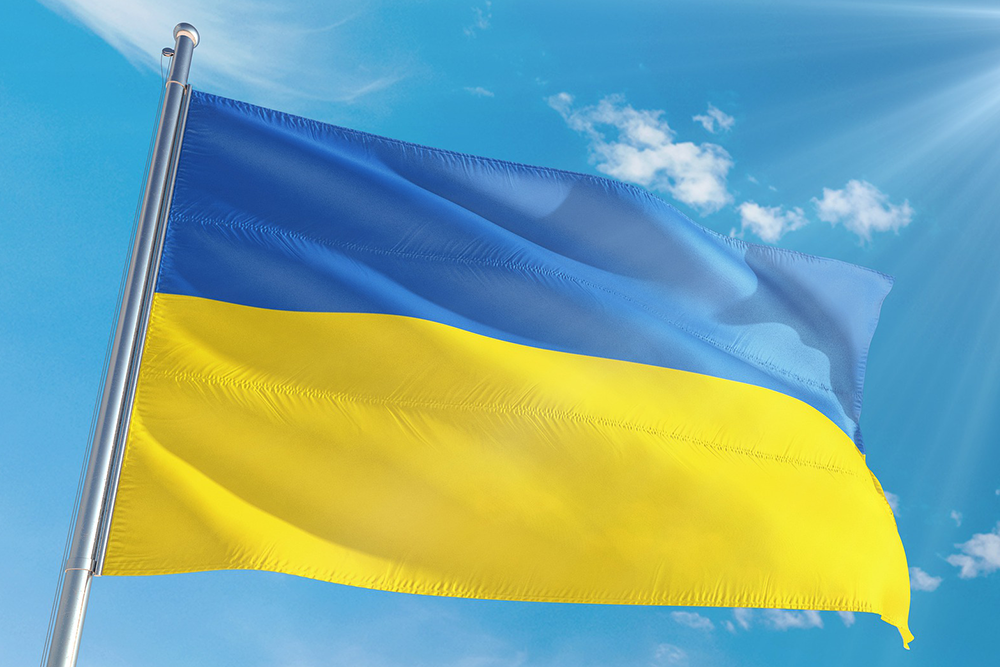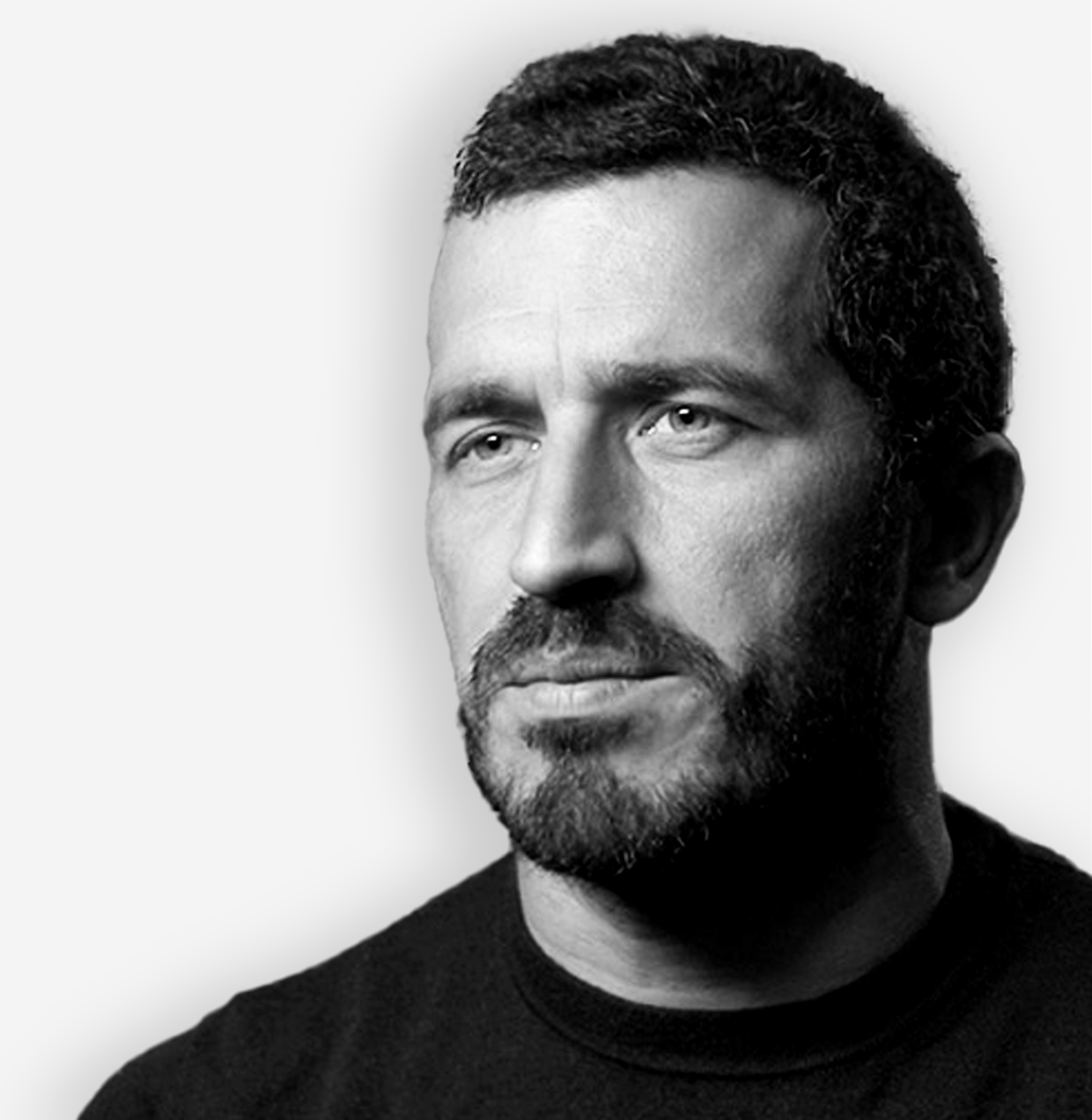Ukranian Support Efforts: Update From Our Chief Medical Officer, Dr. Victor Vicens

Some months ago we commenced our planned expansion of our telehealth services to Ukraine. Like all our new market launches, it was a busy and exciting time for our medical team with interviews, onboarding and training new physicians on our system so they could begin to provide our first Ukrainian language service.
Then came the invasion and everything, of course, changed almost overnight for so many people. Many of our doctors were displaced along with members of the public.
Our founding vision was – and still is – to make healthcare radically accessible for all. So we moved quickly to open up our Ukrainian service direct and free to all Ukrainians, refugees and those who could not leave.
The scale of the human impact is hard to fathom for those of us who have not experienced it first-hand. How are our efforts progressing in Ukraine? To date, we have handled over a thousand questions and the numbers are rising continuously. First of all, we should pay credit and recognise our physicians. They have happily participated in providing virtual care even though they too are personally impacted. They tell us they are glad to be able to provide advice this way. Since the invasion began, according to the latest World Health Organisation statistics, there have been 191 attacks on healthcare resulting in 75 reported deaths and massive disruption to healthcare services.
In terms of the kind of cases we are handling, the majority fall under the category of general practitioner queries. They are the normal, everyday queries many would have had appointments for with their regular GP in normal times but can no longer do so safely. The next major categories are gynaecology at over 33% and dermatology at 23%.
The United Nations estimates that 5.7 million Ukrainian refugees have been forced to flee their homes and seek safety as a result of the invasion. This figure is still rising. This is one of the largest and fastest refugee movements in Europe since the end of World War II.
We hope our service and those of our colleagues in the telehealth industry are helping in some way to provide some support for those affected.
Please do share our free service access details below accessible 24/7 via Telegram, WhatsApp & Viber.
Декілька місяців потому Abi Global Health було запущено в Україні локальну версію сервісу Абі з медичних мікроконсультацій. Ми вирішили надавати цю послугу безкоштовно усім українцям, які знаходяться на території країни та за її межами.
Сервіс Абі з медичних мікроконсультацій пропонує цілодобовий доступ до лікарів через Telegram, WhatsApp і Viber. Ви можете ставити будь-яке запитання стосовно здоров’я, включаючи можливість відправляти зображення, та отримувати відповідь від лікаря через декілька хвилин.
Щоб почати користуватися Abi безкоштовно, надішліть слово “почати” на каналах Абі у WhatsApp, Telegram або Viber:
Telegram
https://activate.abi.ai/telegram/почати
https://activate.abi.ai/whatsapp/почати
Viber
https://activate.abi.ai/viber/почати
Translation:
The Abi medical micro-consultation service provides 24/7 access to doctors via Telegram, WhatsApp & Viber. You can send any health question, including images, and get an answer from a doctor in a few minutes.
To use Abi for free, just send the word “почати” in the Abi WhatsApp, Telegram or Viber channels:
Telegram
https://activate.abi.ai/telegram/почати
https://activate.abi.ai/whatsapp/почати
Viber
https://activate.abi.ai/viber/почати
Would you like to know more about how Abi Global Health is helping communities around the world? Read our Impact Study with Vigo Health.
Dr. Victor Vicens,Victor is the Chief Medical Officer and Co-Founder of Abi.As our Chief Medical Officer, Victor ensures the quality and breadth of the Abi healthcare professional network is world-class in all our local markets. Victor co-founded Abi based on insights gained from over 18 years of healthcare and digital transformation experience. His background includes practising roles as a resident physician & consultant psychiatrist. He is a veteran of previous medtech startups and has advised insurance and pharmaceutical companies on remote medicine and digital transformation. He holds medical degrees at undergraduate and masters levels, a Ph.D in neuroimaging, along with several publications in the field of psychosis and neuroimaging, and was a research fellow at Mount Sinai School of Medicine in NYU.


